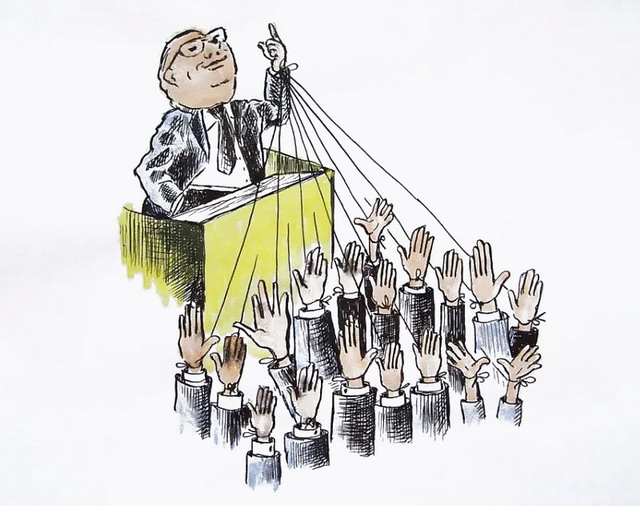The young deputies of the National Assembly, representing the government, whose brightest episodes are probably connected with walking for three weeks and closing the roads in 2018, speak without proper respect to the hero of Artsakh, General Seyran Ohanyan. One of those deputies stated that we lost Artsakh in 1992, not taking into account that hundreds of thousands of Armenians suffered in 1992-94, and many gave their lives so that we would not lose Artsakh, but rather liberate it. Such incidents could be considered manifestations of poor upbringing or immature thinking when it came to personal problems.
But I see a danger here for our society and state, and for its security because it seems to me that there is a tendency to break and destroy not the so-called “former regime,” but the important values on which our state (state, not government) has lived for the last 27 years, and after getting rid it, they leave nothing in its place, leaving behind an absolute emptiness. And again, I would not consider this practice dangerous if it were the initiative of a group of politicians. But the problem is that these deputies were elected through democratic elections, and therefore, the majority of citizens who participate in the elections think like them.
And deep down is the crisis that democracy is experiencing around the world. Yes, the democracy we once considered the cause of all troubles in 1991. But let’s be honest and look at what it turned out to be- mainly the observance (or non-observance) of the formal “election procedure.” It turns out that a group of people can start a show by using some technology, provoke the passions of the crowd, get the votes of the majority, and should we call this whole circus a democracy?
And this applies not only to Armenia, but also to most of the countries we know. Whereas democracy, in my opinion, is first of all the participation of conscious, educated people in the government, not only every 4-5 years, but always. But in the 21st century, everything has turned into a victory for the aggression of the gray mass on social networks. Modern people do not go to the library, bookstore, museum, or concert hall in many countries of the world. They go to the store to buy a new cell phone or tablet, come home, and start writing illiterate, rude, and insulting things on social networks. The “electorate” consists of these people, who “democratically” elect this or that “actor.” This is where value emptiness comes in.
Read also
Australian philosopher Jeffrey Brennan suggests that the solution is either to set a “literacy threshold” or to test voters on whether they deserve to form a government. It is, of course, an “anti-democratic” proposal. But let’s at least imagine that before approaching the ballot box in Armenia, people have to write about themselves in 4-5 sentences, and if the number of mistakes is less than 10, let them vote. See how many thousands of people will be “sifted?”
Aram Abrahamyan






















































